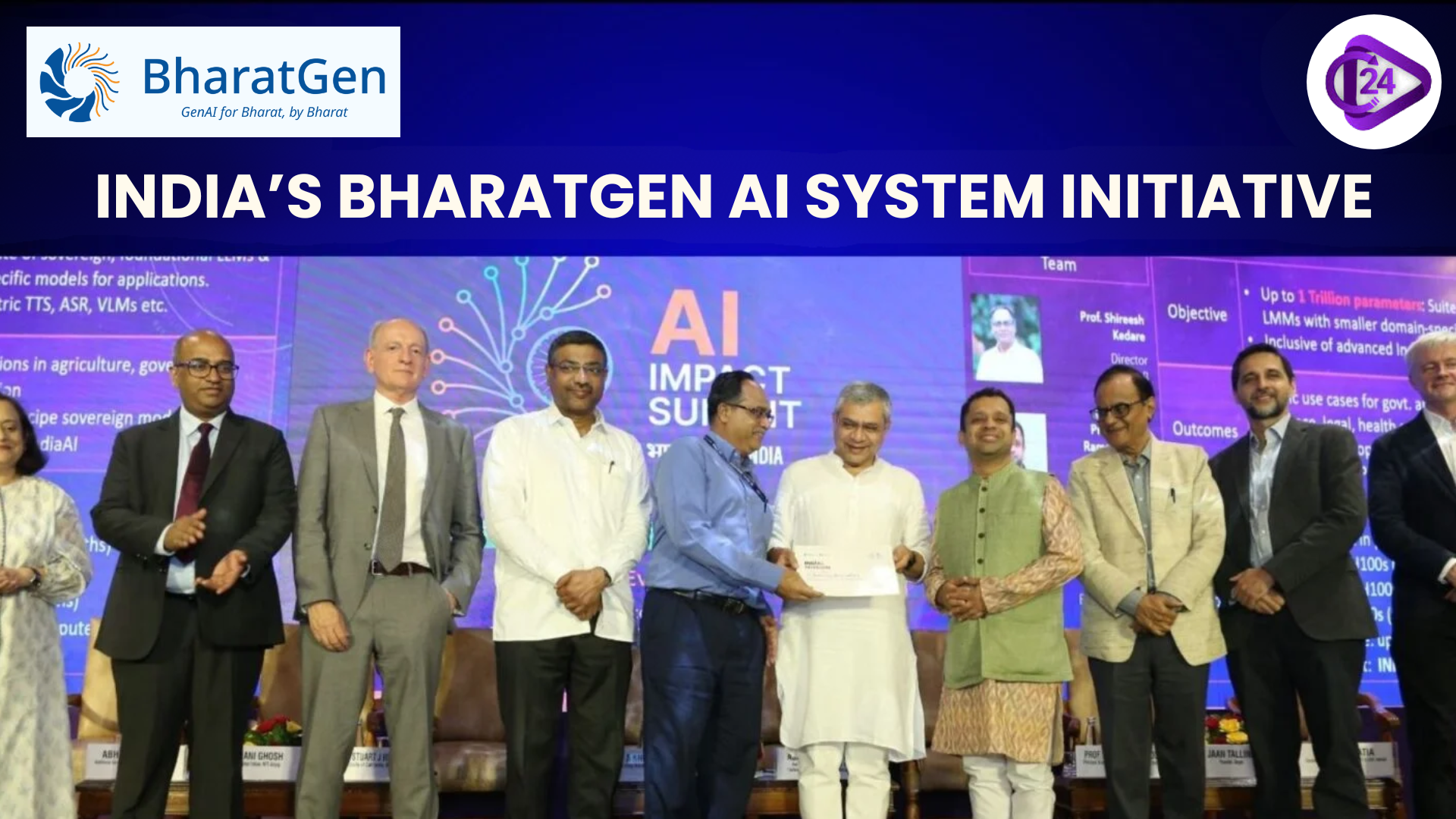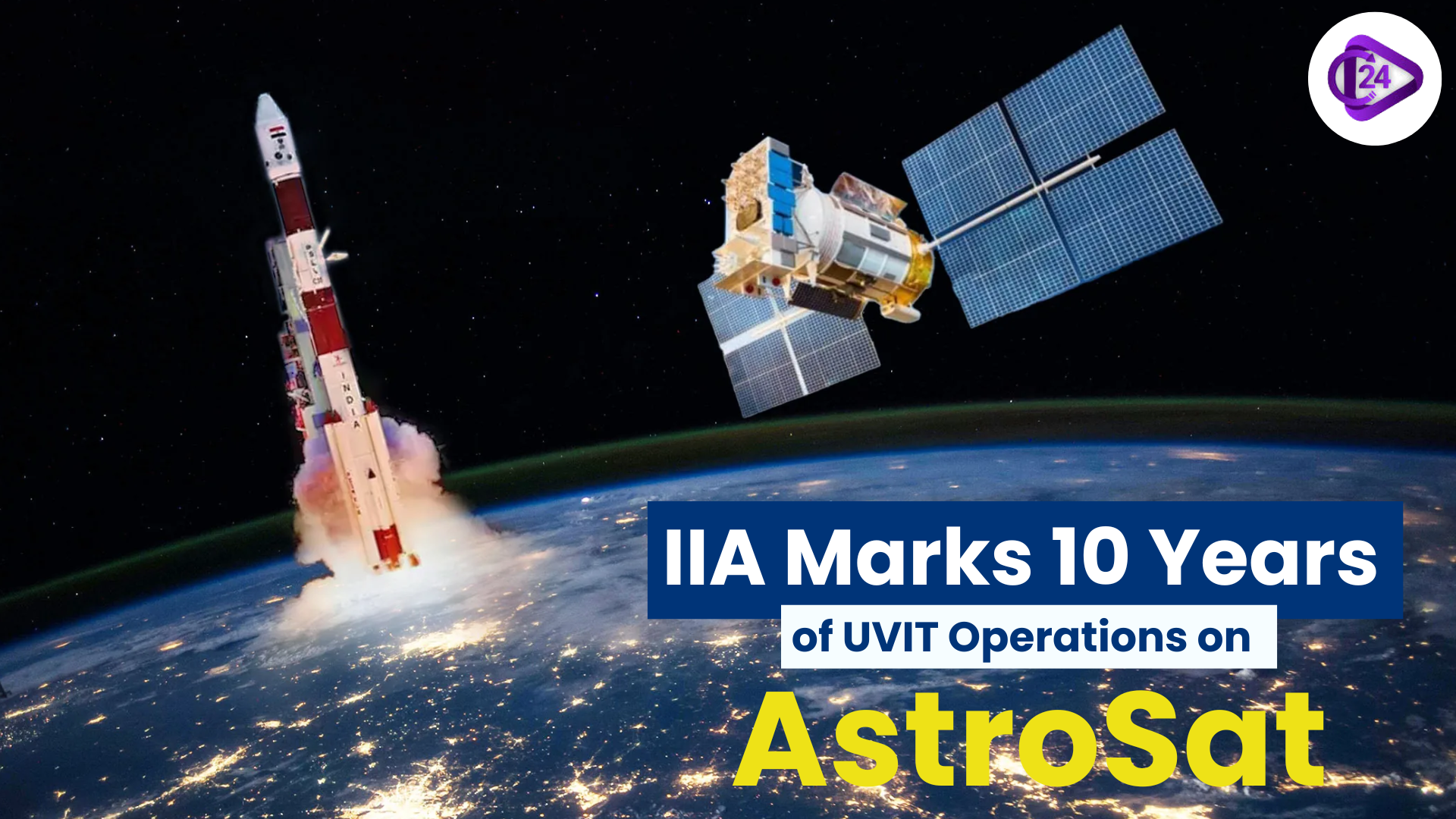
The AI layers in Google’s Matryoshka model support search, shopping, and content creation, making it possible for Google to drive new ideas forward. Even so, people worry about privacy, user approval, and whether the training data is being handled ethically in the increasing use of AI. Even though it looks set to improve AI and user experience, the subject has also led to many discussions about data privacy, copyright, and ethics in AI use.
Context:
-
In May 2025, at its I/O Developer Conference, Google displayed a system called “AI Matryoshka,” which features AI at the center of its entire range of products.
-
Advanced Gemini 2.5 models form the core of this strategy, which covers infrastructure, APIs, and both consumer and hardware products.
Key Points
Important AI Models and Functions
-
This edition of Gemini features a Deep Think mode for improved reasoning and is strong on the math problems used in the USAMO 2025 exam.
-
Gemini 2.5 Flash is more efficient, now supports multiple readers speaking in 24+ languages, and will be used in Gemini by default.
Improving and Upgrading Hardware and Infrastructure
-
A 10x performance increase (at 42.5 exaFLOPS per pod), TPU v7 “Ironwood” makes it possible for Google to train Imagen 4 and Lyria 2.
Developer ecosystem and tools
-
Improvement to the Gemini API and Vertex AI, now allowing support for Model Context Protocol (MCP) to enhance how AI agents share information.
-
Start using “thinking budgets” to keep an eye on how much compute developers need and Project Mariner to automate some tasks.
User-friendly features
-
AI Mode relies on Gemini 2.5 to help you understand topics better and to provide answers supported by sources.
-
After trying on clothes virtually, customers can purchase them through Agentic Checkout, which raises security questions for their financial details.
-
Gemini app changes include real-time options, tools for watching or reviewing documents and images, and Canvas, a special section for infographics and brief audio.
Privacy, Copyright, and Concerns about Ethics
-
Machines that rely on hidden and vast datasets experience concerns over clarity and fairness.
-
With the help of tools like SynthID, all AI-generated content is now watermarked to help with copyright, even though creators have not received proper recognition or payments.
-
Offering different levels of user protection with Google AI Ultra Tier could make privacy cost more for those who sign up.
Conclusion
This AI is a major step forward in how AI can help people in many daily situations. Even so, it shows the growing clash between creating new technology and making sure data, copyright and equity rules are respected. Those who develop and enforce policies, plus those who develop AI, should work together to promote transparency, consent and fairness in AI.



 India's First Hydrogen-Powered Train Coach Successfully Tested at ICF Chennai
India's First Hydrogen-Powered Train Coach Successfully Tested at ICF Chennai India’s BharatGen AI System Initiative
India’s BharatGen AI System Initiative IIA Marks 10 Years of UVIT Operations on AstroSat
IIA Marks 10 Years of UVIT Operations on AstroSat PM Modi to Launch Skyroot’s Multi-Launch Vehicle Facility
PM Modi to Launch Skyroot’s Multi-Launch Vehicle Facility OmanSat-1 Oman’s First National Communications Satellite Launched Successfully
OmanSat-1 Oman’s First National Communications Satellite Launched Successfully India’s First Commercial PSLV to Propel Oceansat into Orbit Early Next Year
India’s First Commercial PSLV to Propel Oceansat into Orbit Early Next Year India’s First MWh-Scale Vanadium Redox Flow Battery Inaugurated at NTPC NETRA
India’s First MWh-Scale Vanadium Redox Flow Battery Inaugurated at NTPC NETRA Maharashtra Becomes First Indian State to Collaborate with Elon Musk’s Starlink
Maharashtra Becomes First Indian State to Collaborate with Elon Musk’s Starlink ISRO’s Bahubali Rocket Successfully Launches India’s Heaviest Communication Satellite CMS-03
ISRO’s Bahubali Rocket Successfully Launches India’s Heaviest Communication Satellite CMS-03 IIT Madras Develops India’s First Hybrid-Rocket VTOL for Controlled Soft Landing
IIT Madras Develops India’s First Hybrid-Rocket VTOL for Controlled Soft Landing






